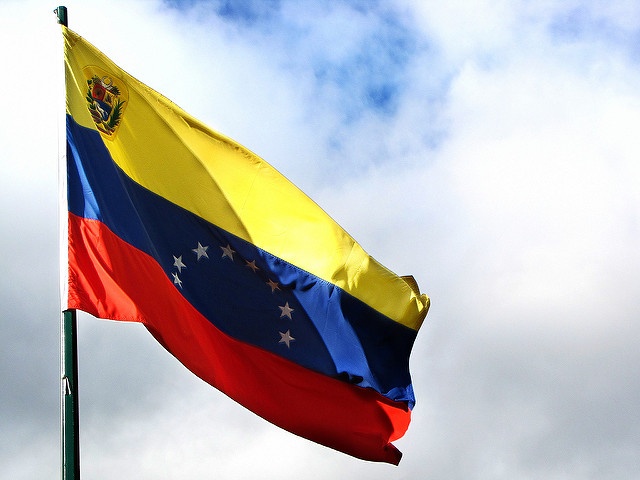Whenever I hear about Venezuela’s “recent” state of affairs, I think about how this country’s political crisis has lasted for as long as I can remember.
Being born two months before the late dictator Hugo Chavez became president, I grew up with the sound of news programs playing in the background of our home and the ongoing political discussions of my elders about the nation’s seemingly volatile policies. With the continuous increase in violence and scarcity of basic resources, the political situation in Venezuela occupied my upbringing in the same way it has taken over the lives of all Venezuelans for the past 18 years of this oppressive regime.
During the latter half of the 20th century, Venezuela saw an influx of young European immigrants who fled from the horrors of World War II. However, at the turn of the century, Chavez came into power and Venezuela began to decay. Driving the economy to the ground, rigging every single presidential election, and killing and wrongfully imprisoning members of the opposition, this tyrant destroyed a country that once served as a safe haven for the oppressed.
Four years after his death, Chavez’s legacy continues to live on through current president, Nicolas Maduro, who continues to damage Venezuela and its people with every action taken.
In a series of protests that have taken place all over the country since March, Venezuelans have been fighting for freedom in what could potentially conclude in a civil war. Although the government continues to strike back with a heavily-armed police presence and is responsible for the deaths of over 100 protesters, Venezuelan patriots continue to go out on the streets not only to battle oppression, but to bring international attention to the condition of the country.
In addition to the gradual impairment of Venezuela, the Bolivarian regime is also responsible for producing a large population of Venezuelan emigrants, such as myself, seeking a better life in other parts of the globe. From the other side of the puddle, expatriates can often feel powerless in the struggle for a better nation and are willing to do as much as possible to help their compatriots. This sentiment explains the recent turnout of the plebiscite against Maduro’s government and his Constituent Assembly, in which approximately 7.2 million Venezuelans voted, 10% of whom reside out of the country.
Persisting in his detrimental policies, Nicolas Maduro ignored these results and went forward with the Constituent Assembly. Still, oppositionists refuse to back down in a fight that seems to gain more support with every passing day, as more and more people demonstrate their displeasure with the government. With this, the hope of those longing to see freedom in Venezuela continues to strengthen.
Andrea Illan is a freshman majoring in journalism and political science.
Feature photo courtesy Flickr user Cristóbal Alvarado Minic.
Read our coverage of Venezuelan students at UM responding to the ongoing crisis in Maduro’s government.






